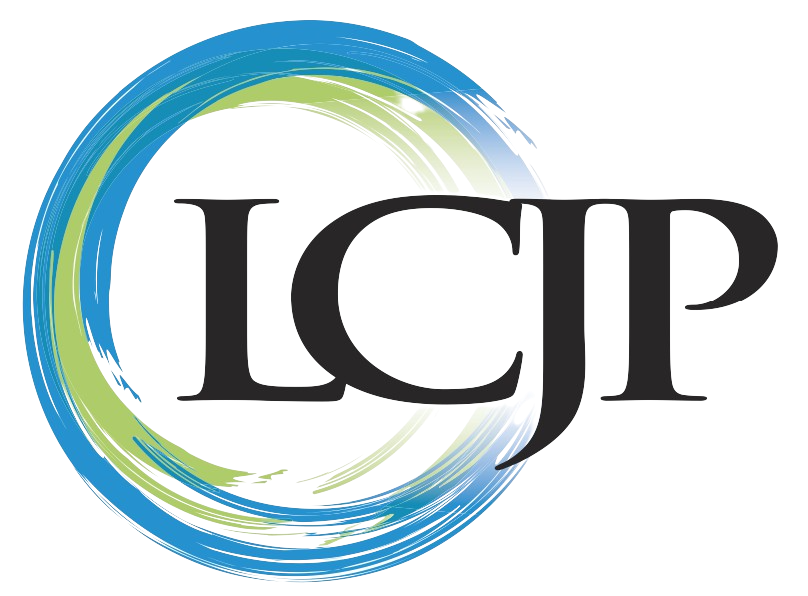Responsible Persons
You want to make things right.
We are here to help.
LCJP provides restorative justice services to persons who have been involved with crime and conflict.
Here you will find information about:
Considerations for deciding to participate in restorative justice
Facts about our Community Restorative Justice Program
Standard Timeline of a Restorative Justice Case
Next steps for your case
Why would I choose restorative justice?
In this process, your voice and your experience matter.
The goal is to repair the harm that was done, while also recognizing that harm may extend beyond anyone’s capacity for repair.
Once you have taken responsibility and heard how you harmed others, you are expected to make repair to the greatest extent possible.
At LCJP, this results in closure and satisfaction. 100% of responsible persons feel their voices were adequately considered. In addition, 98% of conference participants feel the tone of the conference was friendly.
It is essential that all stakeholders in the incident be involved in identifying the harms and have a voice in how it will be repaired.
It is through taking responsibility for one’s own behavior, and making repair, that people may regain or strengthen their self-respect and the respect of others.
Remember, Restorative Justice is Voluntary. It is your choice to participate.
What should I expect?
If you choose to resolve this case with restorative justice, you will participate in an intake phone call, a pre-conference meeting and a conference.
In the first two meetings, you will talk about what happened with case coordinators and facilitators. You will share which of your actions caused harm and how, and how you want to make things right.
The intake and pre-conference are designed to help you process what has happened and prepare what you want to say in the conference. Our staff and facilitators are trained to work with people who have caused harm, and you can expect to be treated with respect.
In the conference you will meet with the person(s) you harmed. This process is led by trained facilitators. The facilitators will guide every person in sharing their perspectives. Everyone will have been screened and prepared by the facilitators. You will take responsibility, hear how your actions hurt others and the community, and work with those in the conference to make a contract for how you will repair the harms.
The conference will end with you agreeing to complete a contract to repair harms.
We understand that being a part of Restorative Justice is not necessarily easy or comfortable. LCJP staff and volunteers recognize the courage it takes to be held accountable for your actions, and we appreciate your willingness to make things right.
What will I have to do for the contract?
Each contract is unique.
Your contract will repair the harms that resulted from your actions.
Throughout the process, you will be asked to share more information about who you are, what you like to do and things that you are good at doing. With more information about you, the conference participants will work with you to incorporate some of your strengths into reparative actions.
Your case coordinator will give you more information about this during your intake phone call.
Not sure if you want to resolve what’s happened with restorative justice?
Visit the “How RJ Works” page for additional information.
You may just need to talk to someone about your case.
Our case coordinators are ready to answer your questions. Call our Community Restorative Justice Office at 303-651-8879.
Ready to take the first step and schedule an Intake Call?
Please call our Community Restorative Justice Staff at 303-651-8879.


